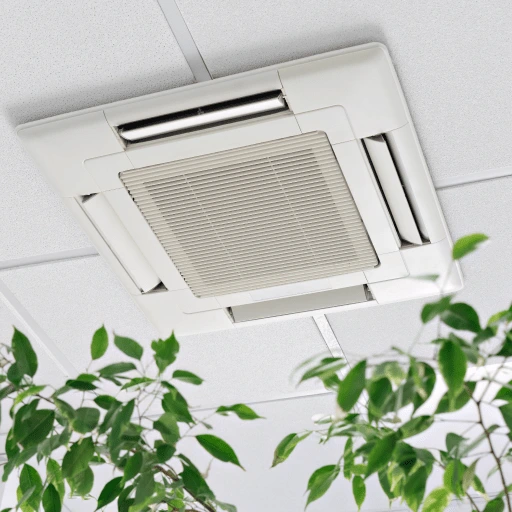
Maintaining good indoor air quality (IAQ) is essential for the health and comfort of residents in Port St. Lucie, Florida. With the region’s humid subtropical climate and potential for indoor pollutants, homeowners must be proactive in monitoring and improving IAQ. In this blog post, we’ll explore practical tips and tools for testing IAQ in Port St. Lucie homes.
Understand IAQ Factors
Before conducting IAQ testing, it’s essential to understand the factors that can affect indoor air quality. Common pollutants found in homes include dust, pollen, mold spores, volatile organic compounds (VOCs) from household products, and carbon monoxide (CO) from combustion appliances. Additionally, high humidity levels can contribute to mold growth and worsen respiratory conditions.
Choose the Right Testing Methods
There are various methods for testing IAQ, each targeting specific pollutants or conditions. Some common IAQ testing methods include:
- Air Quality Monitors: These devices measure various parameters such as particulate matter (PM), VOCs, CO, and humidity levels in real-time. Air quality monitors provide continuous monitoring and can alert homeowners to potential IAQ issues.
- Mold Testing Kits: Mold testing kits can help identify the presence of mold spores in the air or on surfaces. These kits typically include swabs or petri dishes for collecting samples, which are then sent to a laboratory for analysis.
- Radon Testing: Radon is a radioactive gas that can seep into homes from the ground. Radon testing kits measure radon levels in indoor air and can help identify potential health risks.
- Allergen Testing: Allergen testing kits can detect common indoor allergens such as dust mites, pet dander, and pollen. These kits use sampling methods to collect airborne allergens for analysis.
Conduct Regular IAQ Assessments
To ensure ongoing IAQ monitoring, homeowners in Port St. Lucie should conduct regular IAQ assessments, especially during seasons with high humidity or when experiencing unusual symptoms such as allergies or respiratory issues. By monitoring IAQ regularly, homeowners can identify and address potential problems before they escalate.
Seek Professional Assistance
While DIY IAQ testing kits are available, homeowners may benefit from consulting with professional IAQ specialists for comprehensive testing and analysis. Certified indoor air quality professionals can conduct thorough assessments, recommend appropriate mitigation measures, and provide guidance on improving IAQ in the home.
Take Action Based on Results
Once IAQ testing is complete, homeowners should take appropriate actions based on the results. This may include implementing measures to reduce humidity levels, improving ventilation, addressing mold or allergen issues, or upgrading HVAC systems with advanced filtration capabilities. Regular maintenance of HVAC systems is also crucial for ensuring clean indoor air.
Conclusion
Monitoring IAQ is essential for maintaining a healthy and comfortable living environment in Port St. Lucie homes. By understanding IAQ factors, choosing the right testing methods, conducting regular assessments, seeking professional assistance when needed, and taking action based on results, homeowners can effectively improve IAQ and enhance the well-being of their families. Prioritizing IAQ testing and monitoring is a proactive step towards ensuring clean indoor air and promoting overall health and comfort in Port St. Lucie, Florida.